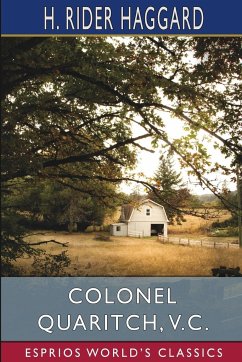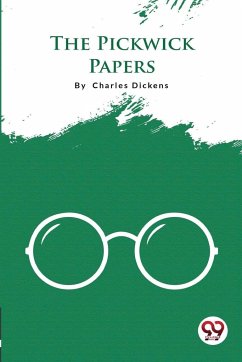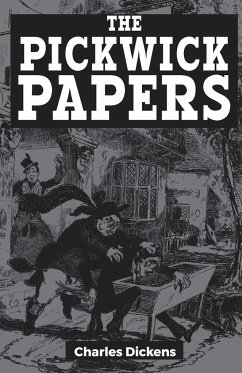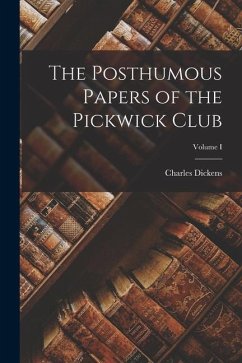Nicht lieferbar
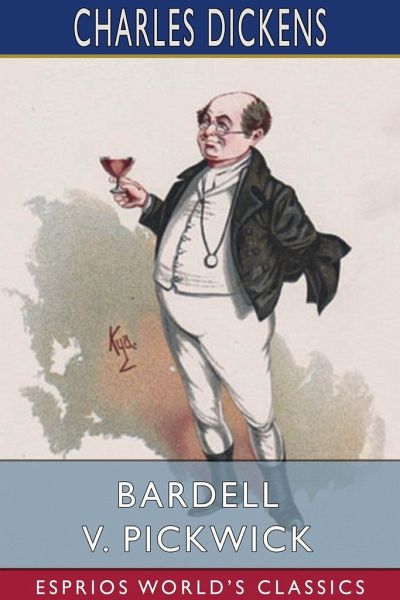
Bardell v. Pickwick (Esprios Classics)
Edited by Percy Fitzgerald
Versandkostenfrei!
Nicht lieferbar
Weitere Ausgaben:
Samuel Pickwick is a fictional character and the main protagonist in The Pickwick Papers (1837), the first novel by author Charles Dickens. Pickwick is a retired successful businessman and is the Founder and Chairman of the Pickwick Club. Believed to have been named after the British businessman Eleazer Pickwick (c.1749-1837). Samuel Pickwick is mostly a passive and innocent figure in the story around whom the other more active characters operate. Having an almost childlike simplicity, Pickwick is loyal and protective toward his friends but is often hoodwinked by conmen and poseurs; he is alwa...
Samuel Pickwick is a fictional character and the main protagonist in The Pickwick Papers (1837), the first novel by author Charles Dickens. Pickwick is a retired successful businessman and is the Founder and Chairman of the Pickwick Club. Believed to have been named after the British businessman Eleazer Pickwick (c.1749-1837). Samuel Pickwick is mostly a passive and innocent figure in the story around whom the other more active characters operate. Having an almost childlike simplicity, Pickwick is loyal and protective toward his friends but is often hoodwinked by conmen and poseurs; he is always gallant towards women, young and old, but can also be indecisive in his dealings with them.






